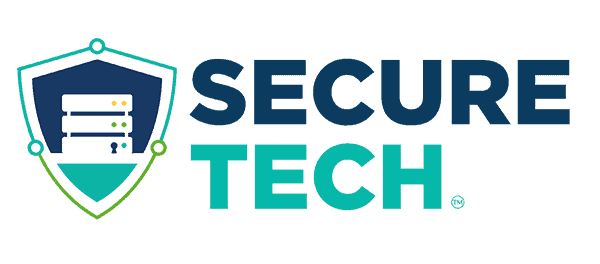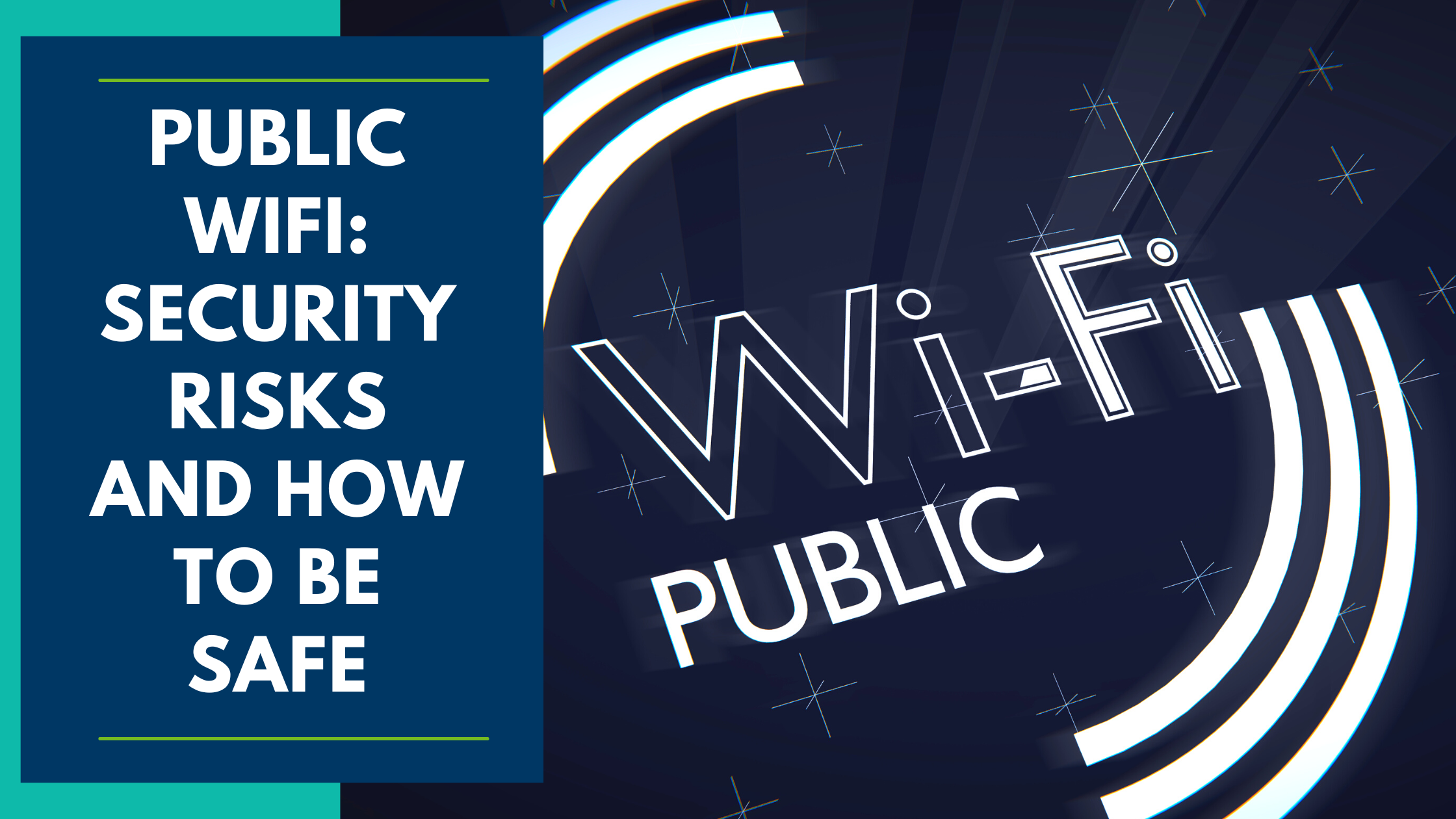Public Wi-Fi networks have become increasingly popular as they provide people with a convenient way to access the internet while on the go. However, while they offer many benefits, they can also present serious risks to the security of your data. This article will discuss the potential dangers of using public Wi-Fi networks and how to stay safe.
Can you get hacked while using Public WIFI?
The answer to the question “Can you get hacked using public Wi-Fi?” is a definite “Yes.” Hackers can take advantage of public Wi-Fi networks because they are less secure than private ones and hack unsuspecting individuals. It’s easy for hackers to intercept your data or files shared as they are being transmitted over an open network. They can also access your device if it’s connected to the network, as well as any other devices that are also connected.
Hackers can use a variety of techniques to access your information while you’re connected to a public Wi-Fi network, including man-in-the-middle attacks, malicious software downloads, and even fake networks. They can then use this sensitive information, such as passwords and credit card numbers, for malicious purposes.
What are the Major Public WiFi Security Risks?
Public Wi-Fi networks can be a gateway for hackers to access your personal information. Therefore, understanding public WiFi security risks and how to protect yourself against attacks is important. Here are a few risks associated with public Wi-Fi:
Unencrypted Networks: Unencrypted Wi-Fi networks pose significant security risks as anyone connected to the same network can view and access the information you are sending and receiving. Thus, your data can be more easily intercepted by malicious users. This means that any sensitive data you send over the network, including usernames, passwords, and other sensitive information, can be easily accessed or used by someone else.
Malware: Another of the many public WiFi security risks is malicious software distribution. A cybercriminal can forcefully install malware on your devices. Malicious software, or malware, is designed to damage or steal computer information. Hackers can use this to target computers connected to a public Wi-Fi network and gain access to sensitive information. Additionally, public Wi-Fi can be used for phishing. Phishing is an online scam where hackers send emails or set up websites that look like legitimate companies to trick people into giving away personal information. This information can then be used for identity theft.
Rogue Networks: Rogue networks are networks set up by malicious actors intending to intercept or steal data from unsuspecting users. These networks can be difficult to identify as they often masquerade as legitimate ones. The malicious actors behind these networks often use sophisticated tactics to create an indistinguishable environment from a legitimate network.
Business Email Compromise Scams: Business Email Compromise (BEC) scams are another public Wi-Fi security risk. BEC scams involve hackers compromising a user’s email account and sending messages to employees, customers, or vendors while pretending to be someone they are not. These emails can contain malicious attachments, links to malicious websites, or requests for sensitive information or payments.
How to Stay Safe on Public Wi-Fi
Here are a few tips to keep you and your business safe from the dangers of public Wi-Fi:
- When utilizing a public Wi-Fi network, it is best to abstain from accessing confidential information, like checking your bank account or buying something with your credit card.
- Always use a Virtual Private Network (VPN) on public Wi-Fi. A VPN adds an extra layer of security to your connection.
- It would be best if you only browsed on secured websites. Website addresses that start with “HTTPS” are encrypted, making browsing safer.
- Disable auto-connect to Wi-Fi or Bluetooth on your devices.
- Use antivirus software.
- Enable 2FA (Two Factor Authentication) for all your accounts.

